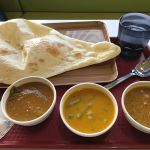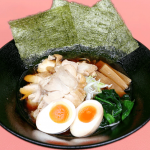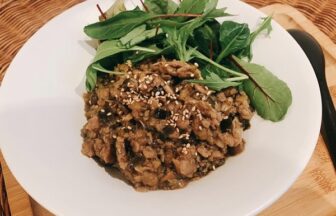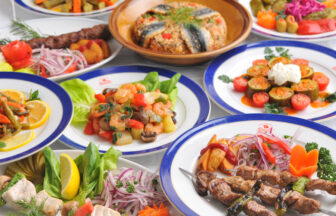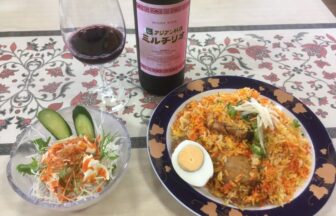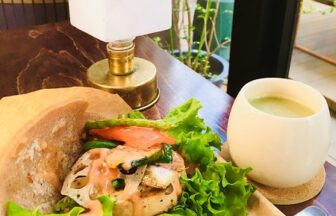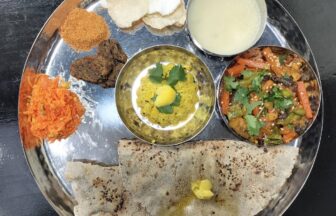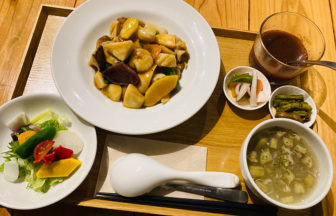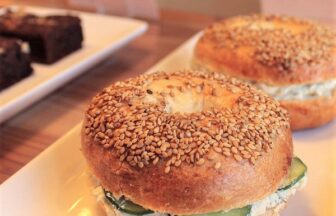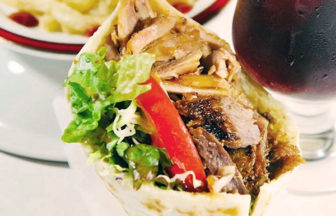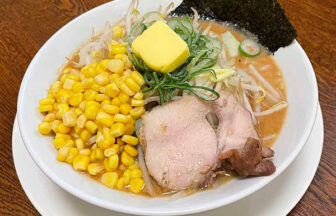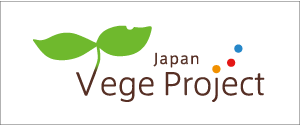Won the first place in the popularity ranking @Halal Navi! (for 2 consecutive years) Halal Ramen & Dining Honolu, also have a branch in Jakarta
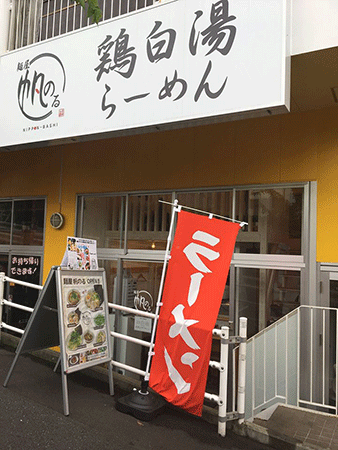
Halal Ramen & Dining Honolu Ebisu
The soup is slow-cooked chicken broth (the chicken version of tonkotsu broth) that is cooked chicken from Kagoshima Satsuma, for more than 6 hours (it is Halal qualified chicken). Fine noodles are often entangled with a soup rich in collagen.
In addition to the standard menu such as slow-cooked chicken broth noodles, you can enjoy different menus at each store.
The most popular menu at Ebisu store is “Spicy Fried-Chicken Ramen.”
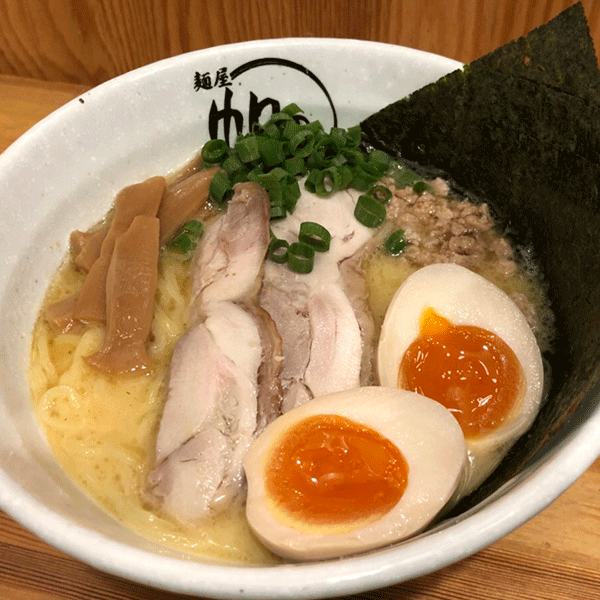
Special chicken white hot noodle ¥ 1,080
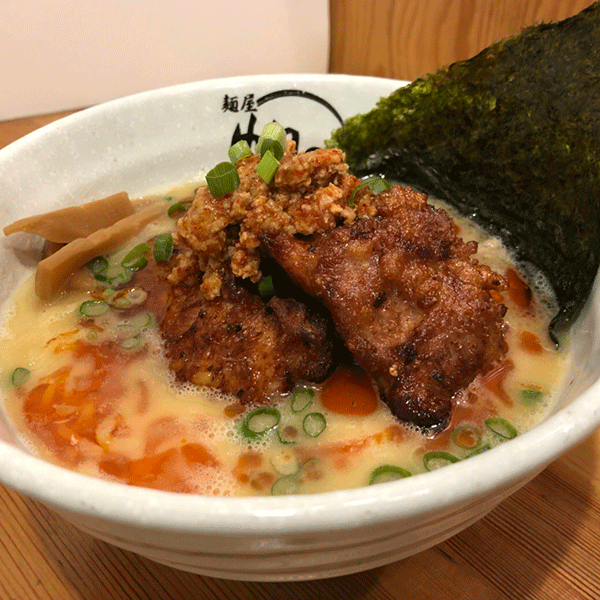
Spicy fried ramen ¥ 1,380
It is a harmony when noodles and a spicy fried-chicken sauce are entangled. It is an inevitable addictive ramen. Careful! The red fried chicken covered with sauce is delicious but spicy! This is a spicy standard of Southeast Asia (like Thai food or Indonesian food).
At first, you can taste chicken and gradually add spiciness to the ramen to enjoy the taste twice. According to the owner, Indonesian and Malaysian tourists almost always order this ramen.
Gyoza served in the store is also Halal! Most Gyoza is made from pork meat, but this Gyoza is made from chicken.
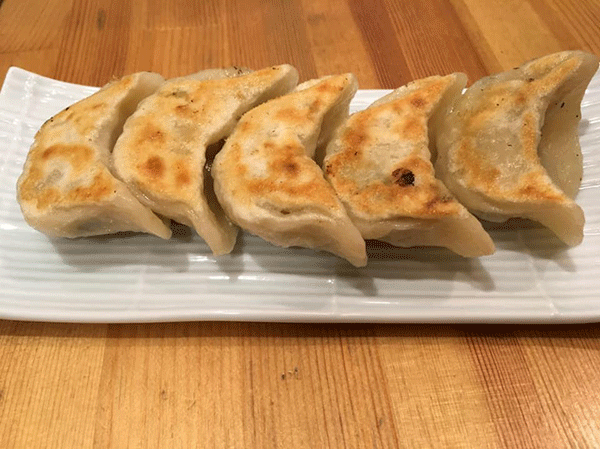
Halal dumplings ¥ 680
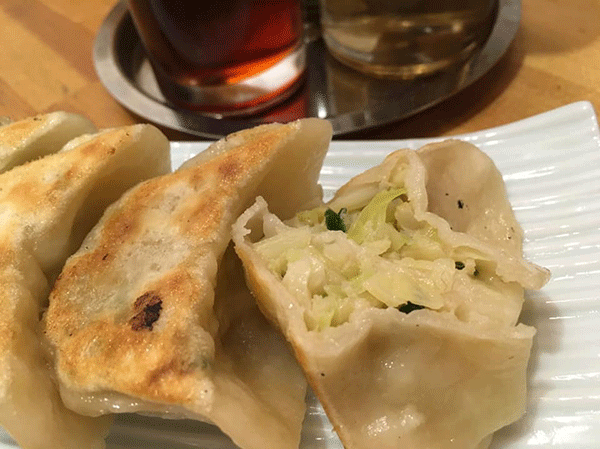
Halal dumplings using ground chicken
A unique and spicy seasoning taste of Southeast Asia that attracts Muslims
The name “Dining Honolu” was derived from “Honolulu,” dreamed to open a store in Hawaii. Hawaii is a place where people from all over the world come together. Therefore, there is a desire to spread Japanese ramen to a variety of people.
For this reason, not only each menu item, but also the ingredients are not compromised and there are special ideas and challenges.
In particular, “Spicy to Fried-Chicken Ramen” topped with fried chicken is the most popular, blockbuster menu.
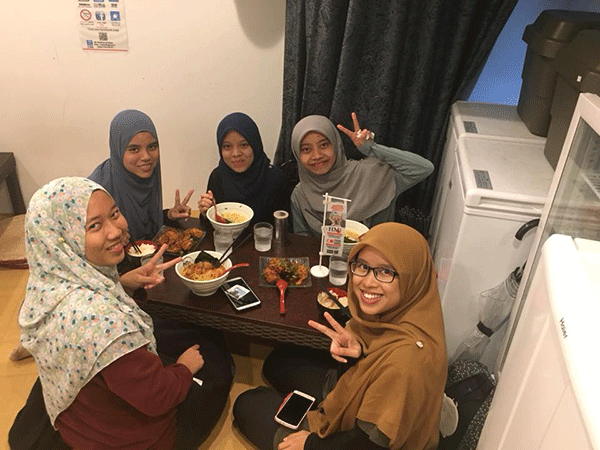
Halal Ramen & Dining Honolu Ebisu (from Facebook)
According to the owner, Indonesian and Malaysian tourists almost always order this ramen, because the spiciness is more adjusted to their level.
The opening triggered by the event at Kobe Mosque
Mr. Shimai, owner of “Halal Ramen & Dining Honolu” and the representative of Asset Frontier Co. Ltd., met a Muslim at the Kobe Mosque in 2015. There, he learned how Muslims are having difficult time eating in Japan.
Until then, the company was running several restaurants, including Italian and ramen shops. Mr. Shimai decided to open a halal-friendly ramen shop, with the desire to make a comfortable place for Muslims and to share Japanese Ramen to the world.
Honoru currently has Nishi-Shimbashi and Hamamatsucho stores, which serve pork bone ramen, and Ebisu, Osaka Namba, and Express Otsuka stores that have acquired Halal certification. There is also a branch in Jakarta. Ebisu store has prayer room for Muslims.
According to Mr. Shimai, “Ramen is a B-class gourmet, but the quality is called an art, with a full course in the bowl. The Japanese food culture and inseparable ramen are offered to people all over the world. However, there are not many halal-friendly ramen stores in Japan. So by all means, I would like people to enjoy ramen at Dining Honolu and have a lot of fun in Japan.”
In the future, the company will focus on halal business for group lunches, such as at schools and college cafeterias and employee cafeterias.
Mr. Shimai thinks Japan is still uncomfortable for Muslims to find a place to eat. His challenge still continues.
Supervisor / Recommender

- Halal Supervisor and Foreigner Food Coordinator (Cooking, Consulting, Public Relations)
-
Click here for introduction
I currently work as an editor, but my previous job was as a chef, with many years of experience working in hospitals, restaurants, and the food service industry. Looking back, I think my connection to halal may have already been there.
Decades ago, I once worked in a cafeteria at an auction venue. Over 60% of the visitors were foreigners. Many Muslims were present, and the venue had a mosque-like prayer space. I remember being frequently asked questions about whether the meat was halal and what kind of meat it was. At certain times, the cafeteria would become as lively as a festival. The Indian restaurant next door would generously serve free biryani, curry, and sweet drinks to everyone who came. Over 100 people, including people wearing bright red turbans, galabeyas, and traditional attire, gathered in the cafeteria, all sitting around the same table and enjoying a truly enjoyable time. Looking back, it was iftar, the end of fasting, and I understand the significance of sharing, but at the time I was ignorant of halal and Islam, and didn't even consider how to respond. They only ate the curry made by the Indians in the restaurant. As I studied halal, I realized, "I wanted to eat Japanese food, but I couldn't." I regret not doing anything even though there was something I could have done.
If only it didn't contain pork! If only it didn't contain wheat or buckwheat! I could eat it... Food insecurity is different for each person.
That's why I think it's important to learn about the differences in culture, religion, and lifestyle that underlie it, and to create an environment where everyone can enjoy delicious meals in comfort.
The desire for delicious, safe, and secure food is universal. The times are calling for people to live in new ways that transcend borders and religions. I hope that halal can be a gateway to eliminating food insecurity, contributing even in some small way to a society where people can coexist and prosper with more liberal thinking, and to global harmony beyond.
Latest entries
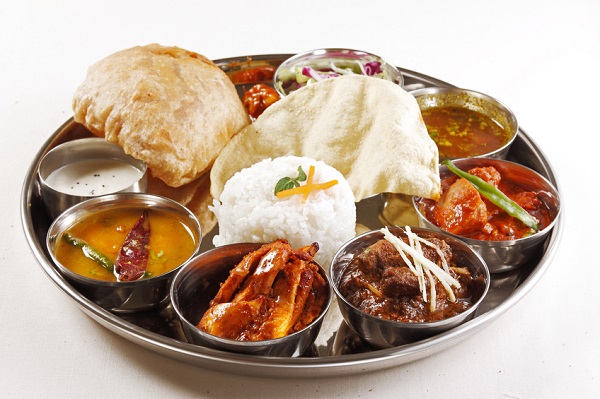 Tokyo2023年11月4日Dakshin South Indian Restaurant Otemachi Branch
Tokyo2023年11月4日Dakshin South Indian Restaurant Otemachi Branch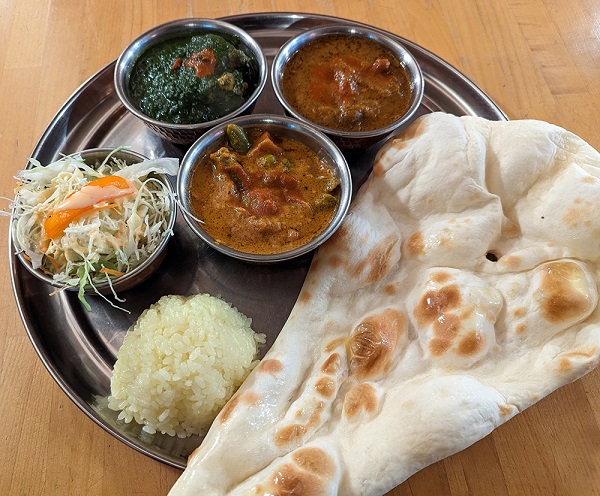 Tokyo2023年10月23日Gandhi Mahal
Tokyo2023年10月23日Gandhi Mahal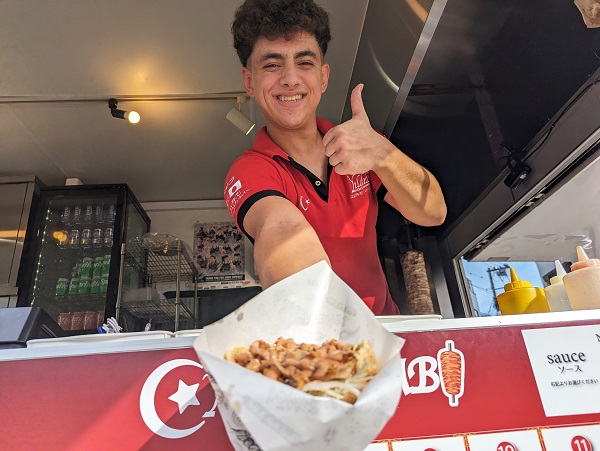 Tokyo2023年10月23日Yıldız KEBAB
Tokyo2023年10月23日Yıldız KEBAB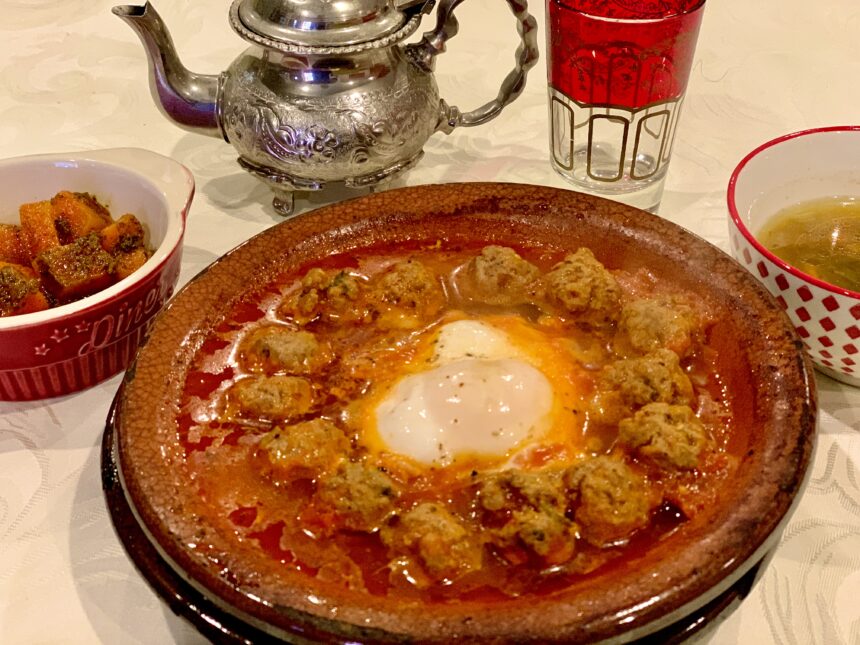 Tokyo2023年10月4日Restaurant Morocco
Tokyo2023年10月4日Restaurant Morocco















